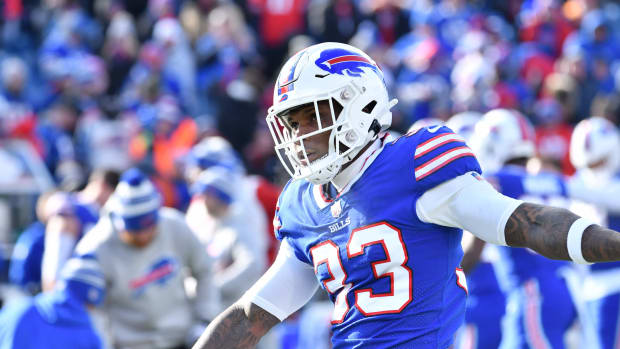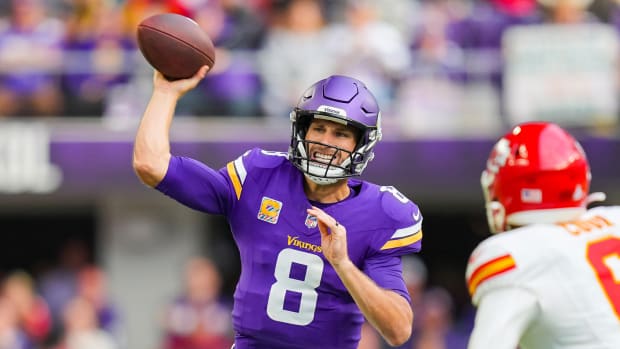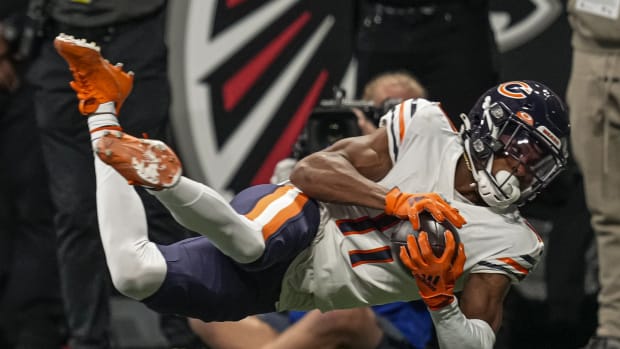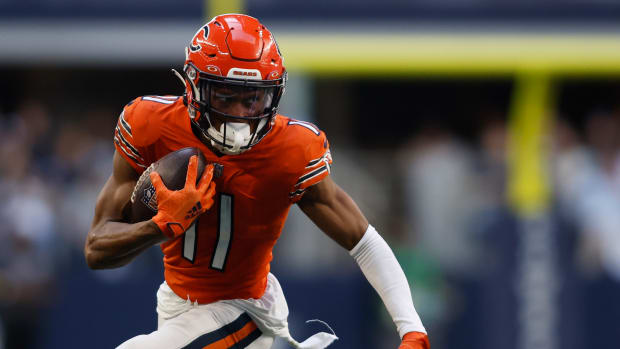Falcons salary cap space remains tight as free agency approaches
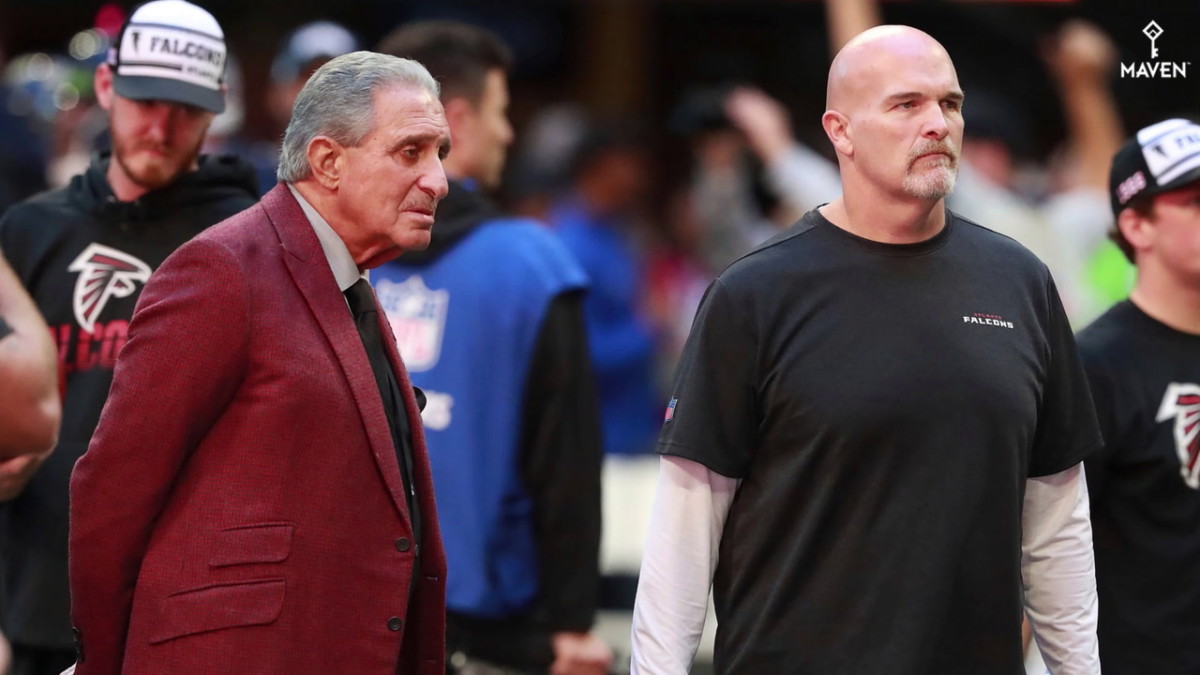
With the legal tampering period days away, the Atlanta Falcons continue to have very little cap space.
According to Overthecap.com, the Falcons possess $3.9 million in cap space, which is the third-lowest amount in the NFL heading into free agency. Only considering the team's projected Top 51 players, the Falcons sit a little north of $4 million in space.
The Falcons, coming off a 7-9 2019 record, will be in a tough position to improve their roster via free agency. Here is a list of all of their unresticted free agents:
- Vic Beasley
- Jack Crawford
- Matt Bosher
- Adrian Clayborn
- Kemal Ishmael
- J.J. Wilcox
- Kenjon Barner
- Tyeler Davison
- Justin Hardy
- Blidi Wreh-Wilson
- Keith Smith
- John Cyprien
- Austin Hooper
- Ra'Shede Hageman
- De'Vondre Campbell
- Sharrod Neasman
- Wes Schweitzer
- Matt Simms
- Jamar Taylor
- Michael Bennett
These two are restricted free agents:
- Matt Simms
- Brian Hill
The Pittsburgh Steelers and Minnesota Vikings are the only other teams with less than $12 million in cap space when considering every team's projected Top 51 players.
The cap space Spotrac projects each team has this week is based on the estimate that the cap will increase to roughly $199 million. That will not be confirmed, though, until the league ratifies a new CBA.
The Steelers and Vikings are in worse positions with their salary caps then the Falcons are, but Atlanta isn't in a spot to add much of anything in March. Remember, the Falcons must leave salary cap space in order to sign their 2020 draft picks. Pending trades, the Falcons have seven selections in the draft.
The Falcons dealt with salary cap concerns all offseason in 2019 but were able to sign offensive guards James Carpenter and Jamon Brown as free agents. Atlanta's other major move last offseason were working out new deals for defensive tackle Grady Jarrett and wide receiver Julio Jones.
With the amount of salary cap space available going into 2020, it doesn't appear as though the Falcons will be able to keep all of their stars this offseason. Tight end Austin Hooper is set to become a free agent, and the tight end market could lead to Hooper landing a deal where he's paid as much as $10 million per season.
The Falcons backed themselves into this corner over several years. The organization has re-signed its own stars and have been generous in certain contract situations. The team also has made moves the last few years to help win now, thus sacrificing the future of the salary cap.
Essentially, that future begins in 2020.
Matt Ryan, Jones, Jake Matthews and Desmond Trufant will make up a little more than 37% of the salary cap space the Falcons have this season, according to Spotrac. Those four players plus Grady Jarrett, Alex Mack and Deion Jones will account for about 53% of the team's cap.
That means the other 44 players on the roster will need to make up the other approximately 47% of the salary cap in 2020.
One way the Falcons could create more space is releasing overpriced veterans, but that will come at a cost, too. Running back Devonta Freeman is coming off a career-worst season where he averaged 3.6 yards per carry and is set to count as a $9.5 million cap hit.
Releasing Freeman, though, will only create $3.5 million in space. The other $6 million will stay on the cap as dead money, and then at least part of that space or a draft choice will be needed to find a new running back.
However, that would create a giant hole at center just one year after the Falcons dedicated a lot of money and draft picks to fixing the offensive line.
Neither of those releases really work from both the money and football perspective, and what it likely means is the Falcons will be reserved to the bargain bin in free agency.

